A legal and ethical justification of US' visa policy

The introduction of a new visa policy for Bangladesh by the United States last month caught everyone off-guard, with both the ruling and opposition parties expressing support, albeit in varying tones. In essence, this visa policy dictates that US visas will not be issued for individuals who undermine democratic elections in Bangladesh through vote-rigging, voter intimidation, violence to suppress the exercise of rights to association and peaceful assembly, and measures designed to hinder political parties, voters, civil society, or the media from expressing their views.
Following the policy announcement, extensive debates erupted in the media regarding the motives and ethical justifications behind the US decision. Questions arose about how the US could monitor the electoral process in Bangladesh and enforce visa restrictions against those responsible for election rigging. While there are different opinions, the predominant belief is that the decision is linked to certain developments in the Indo-Pacific region, as the US seeks to deter Bangladesh from aligning with China.
Critics argue that the actions taken by the US in this regard could be seen as interference in the internal affairs of another country. Advocating for democracy and human rights in one part of the world while supporting autocratic regimes elsewhere raises doubts about the consistency and sincerity of the US commitment to democratic principles. Such inconsistency can undermine the credibility of the US' democratic agenda and lead to accusations of double standards. However, it's important to acknowledge that foreign policy decisions are complex, influenced by multiple factors including strategic considerations, national security concerns, economic interests, and historical alliances. While these factors may explain the past support for autocratic regimes, they do not necessarily justify such actions from an ethical standpoint.
While the ethical considerations surrounding the US visa policy for Bangladesh are intertwined with the larger issue of promoting democracy consistently and coherently worldwide, embracing such a measure should be merited if it helps promote democracy specifically within Bangladesh. Ethics also revolve around determining what is right and wrong, considering not only the outcomes of an action, but also the methods employed to achieve those outcomes. While an end result may seem advantageous, it does not automatically justify the use of unethical or morally objectionable means. The US has implemented a visa policy to pursue a goal that is not likely to cause any collateral damage to the majority of Bangladeshi people. Its impact will primarily affect a small group of individuals for whom a US visa holds significant personal, financial, and familial importance.
Manipulating election results is regarded as a criminal act in Bangladesh, as stipulated in the Representation of the People Order, 1972. In the US, the Immigration and Nationality Act, specifically Section 212(a)(2), prohibits the issuance of visas to individuals with criminal records. Therefore, the refusal of a visa by the US based on involvement in vote tampering in Bangladesh is legally justifiable. However, the legality of denying visas to the children or spouses of the individuals responsible, thus punishing them for the actions of others, falls in a grey area.
Many people are wondering how the US Department of State plans to oversee Bangladesh's election process and document the individuals responsible for election rigging, which is believed to involve a significant number of people. It is conceivable that their efforts will primarily concentrate on locating a select few influential figures as a means to dissuade others from partaking in similar acts, aligning with the deterrent objective shared by most of the laws.
Visa officers have the option to utilise open source intelligence (OSINT), which is a commonly employed method for gathering information about individuals or organisations. OSINT involves leveraging sources like social media posts, news articles, and other publicly available information on the internet. Consular officers possess the discretion to consider a broad range of evidence when making visa decisions. The decision-making process involves carefully evaluating all available evidence and reaching a determination based on the overall circumstances. Visa officers possess significant discretionary authority to assess visa applications and establish the eligibility of applicants, including the ability to reject a visa application without disclosing the specific grounds for denial. They hold substantial legal flexibility as granted by the Immigration and Nationality Act when it comes to conducting their assessments.
For this policy to have a meaningful impact, it must be put to practice. While accurately predicting the exact consequences of this visa policy on the election outcome is difficult, it is clear that the US is strongly dedicated to ensuring a free and fair election in Bangladesh. The visa policy is just one among various tools at the disposal of the US government, and it is widely acknowledged that when the US is determined to accomplish a particular objective, it exerts substantial influence to make that happen.
Saifur Rahman is a senior IT specialist and certified professional at Australian Computer Society.


 For all latest news, follow The Daily Star's Google News channel.
For all latest news, follow The Daily Star's Google News channel. 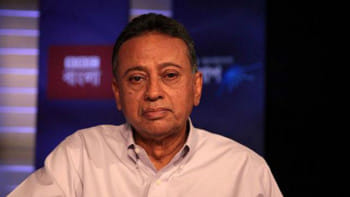
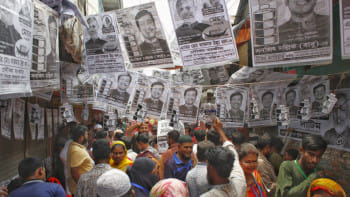






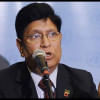
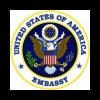
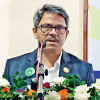


Comments